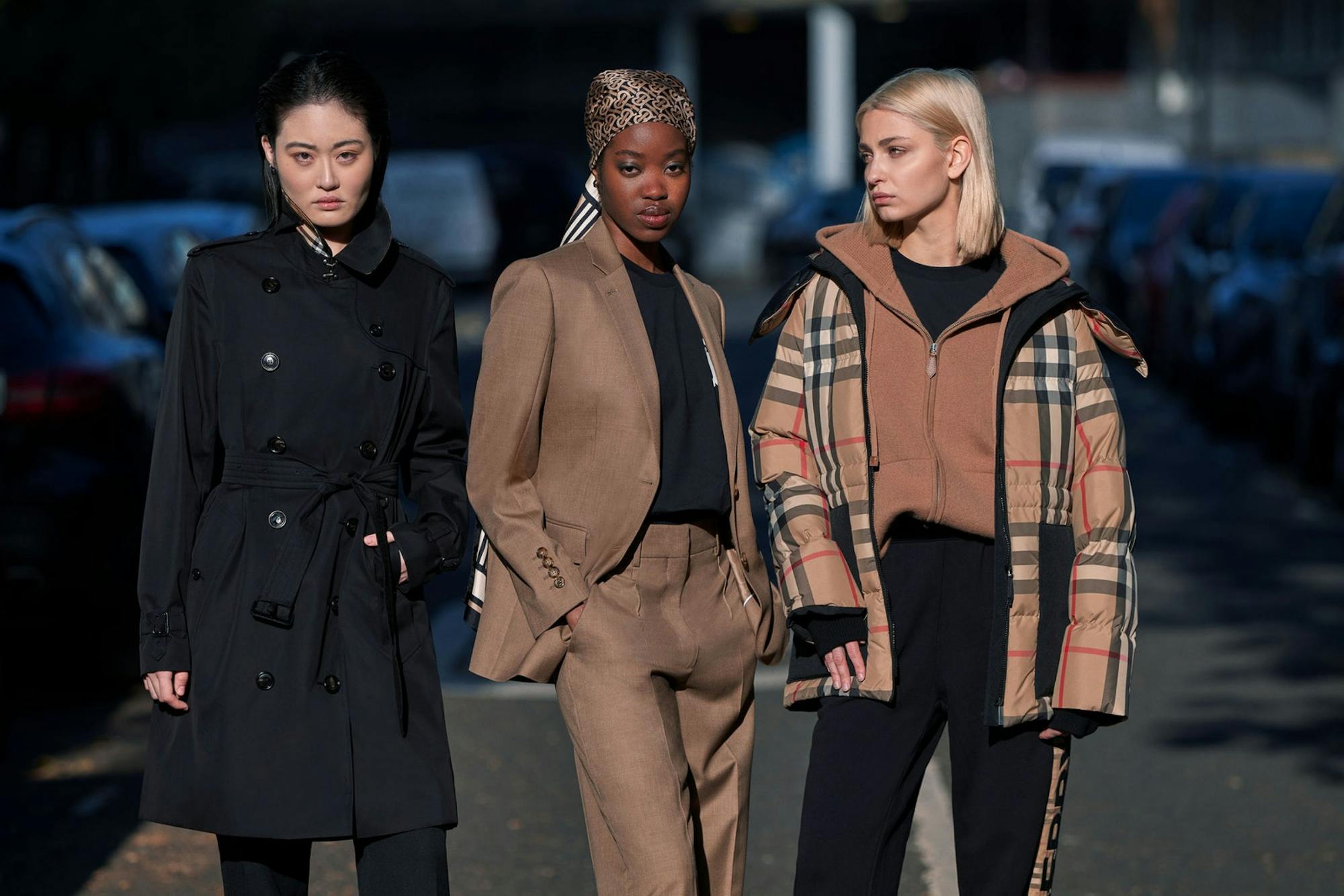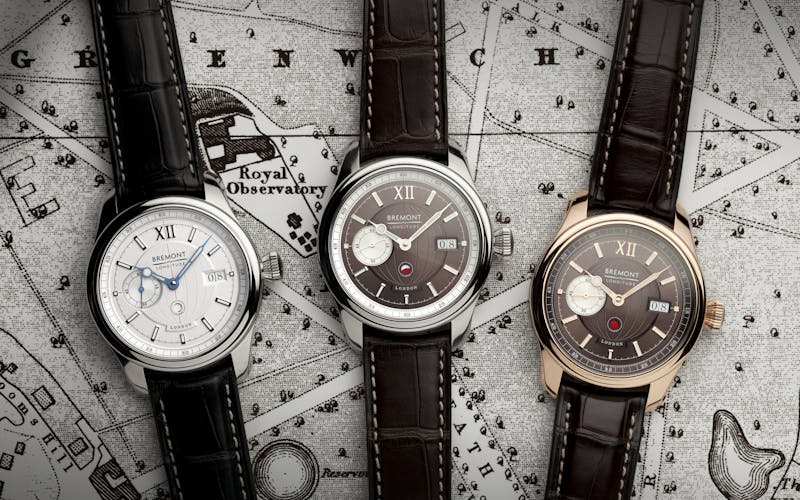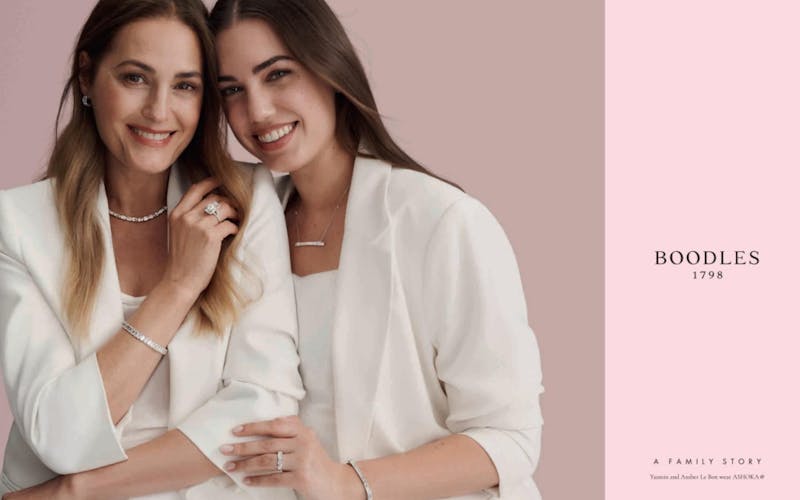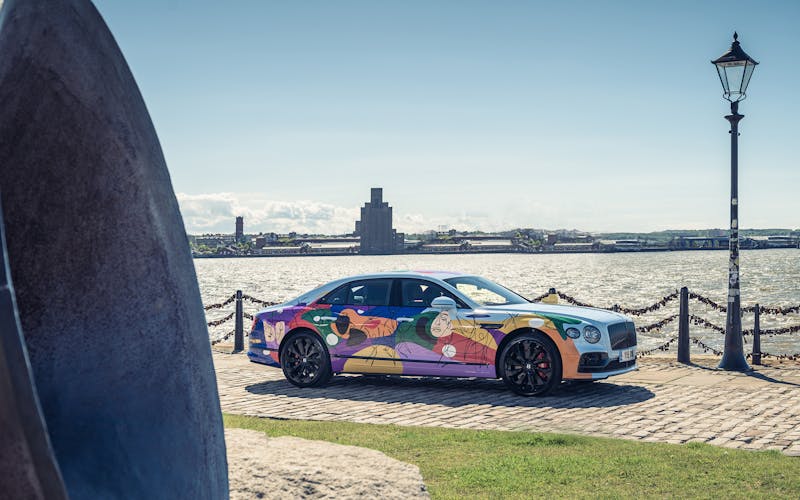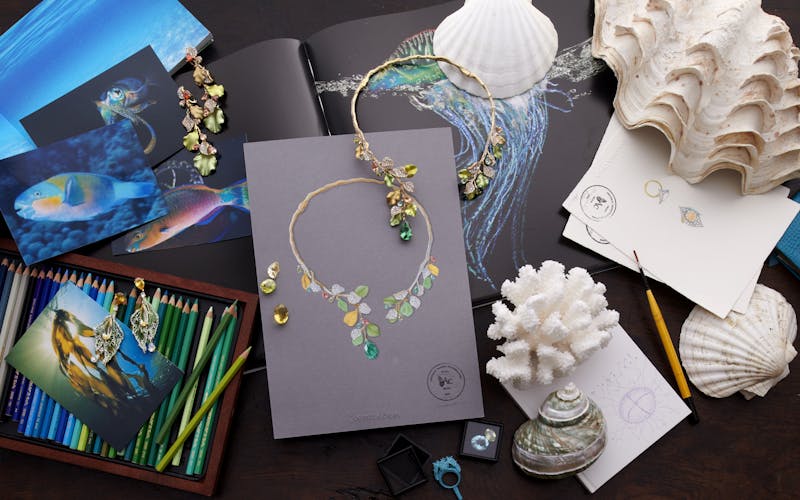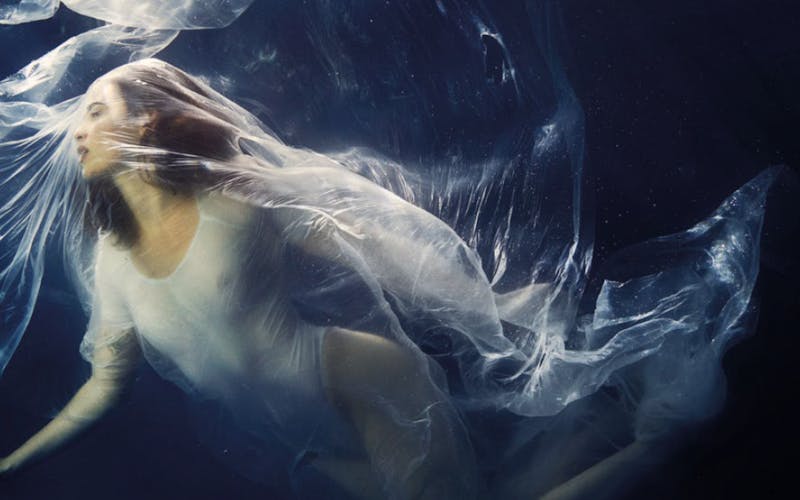Julie Brown, Burberry’s chief operating and financial officer, acknowledges there has been a recent acceleration in the brand’s efforts to combat climate change, driven by developments in green science and greater awareness of our planet’s fragility: ‘Our understanding of climate risks and our strategy for mitigating them has evolved significantly, and since 2017, with our customers, investors and communities behind us, we’ve taken huge strides.’
Burberry was the first luxury fashion brand to issue a £300 million sustainability bond to support climate-positive action, like ensuring all its buildings were refurbished to externally certified environmental standards and focusing on packaging and responsibly sourced raw materials. ‘When we launched the bond, we were eight times oversubscribed, and really blazed a trail,’ says Julie. ‘Usually raising money is the finance department’s domain, but this involved the whole organisation and injected a sense of pride, attracting more investors interested in ESG matters too. It was a win-win.’
Burberry’s commitment to becoming climate positive by 2040 is also an industry first, which it will achieve by reducing emissions by 46 per cent from its extended supply chain by 2030 and also investing in projects that restore natural ecosystems through its Regeneration Fund. Its packaging is now 40 per cent made from coffee cups that have had their plastic removed, ‘cupcycling’ 66 million cups.
Today, the Burberry website’s Beyond section displays these ambitious goals. ‘Sustainability is no longer a “niceto-have” for our consumers, but essential,’ says Julie. The brand also has a network of in-person sustainability champions among its retail associates in its stores, changing behaviour by questioning things like heating, air-conditioning and packaging.
The main message is to unite around a common objective and avoid different practices within the organisation, aligning product development and the supply chain to join Race to Zero. Julie’s approach, to encourage others, was broad cross-industry engagement, co-chairing Accounting for Sustainability, supported by the Prince of Wales’s charitable organisation and the UN Framework Convention on Climate Change.
Another challenge that Burberry addressed head on in 2018 was immediately finding solutions for unsaleable products and waste. It stopped destroying them with immediate effect. ‘We quickly took a stand, which was possible because we’d already identified waste as a focus in our 2017 Responsibility strategy,’ says Julie. ‘We are still the only luxury brand to have made this commitment. When we buy products, we examine their lifecycle and demand. We’re always seeking innovative solutions and now any unsold product is reused, recycled or donated to fashion schools, design centres or charities like Smart Works.
‘I’m so proud of our progress. Our operations were 92 per cent carbon neutral in 2019, up 88 per cent since 2017. Next year, we’ll have 100 per cent renewable energy – we’re already at 93 per cent. We’ve upped our 30 per cent target for our Scope 3 supply chain emissions from 30 per cent to 46 per cent by 2040. We’re aiming for all products to have at least one positive attribute by 2022.’
A ‘positive attribute’ guarantees social or environmental improvement through raw material sourcing or manufacturing. Take Burberry’s Econyl trench, made from recycled fishing nets and ocean plastics. ‘It still has to look and feel great,’ Julie points out. Burberry now offers its world-renowned trenches a luxury aftercare and re-proofing service. ‘The luxury industry must make a difference where it can,’ Julie says, ‘because the planet is our most valuable asset.’
www.burberry.com





